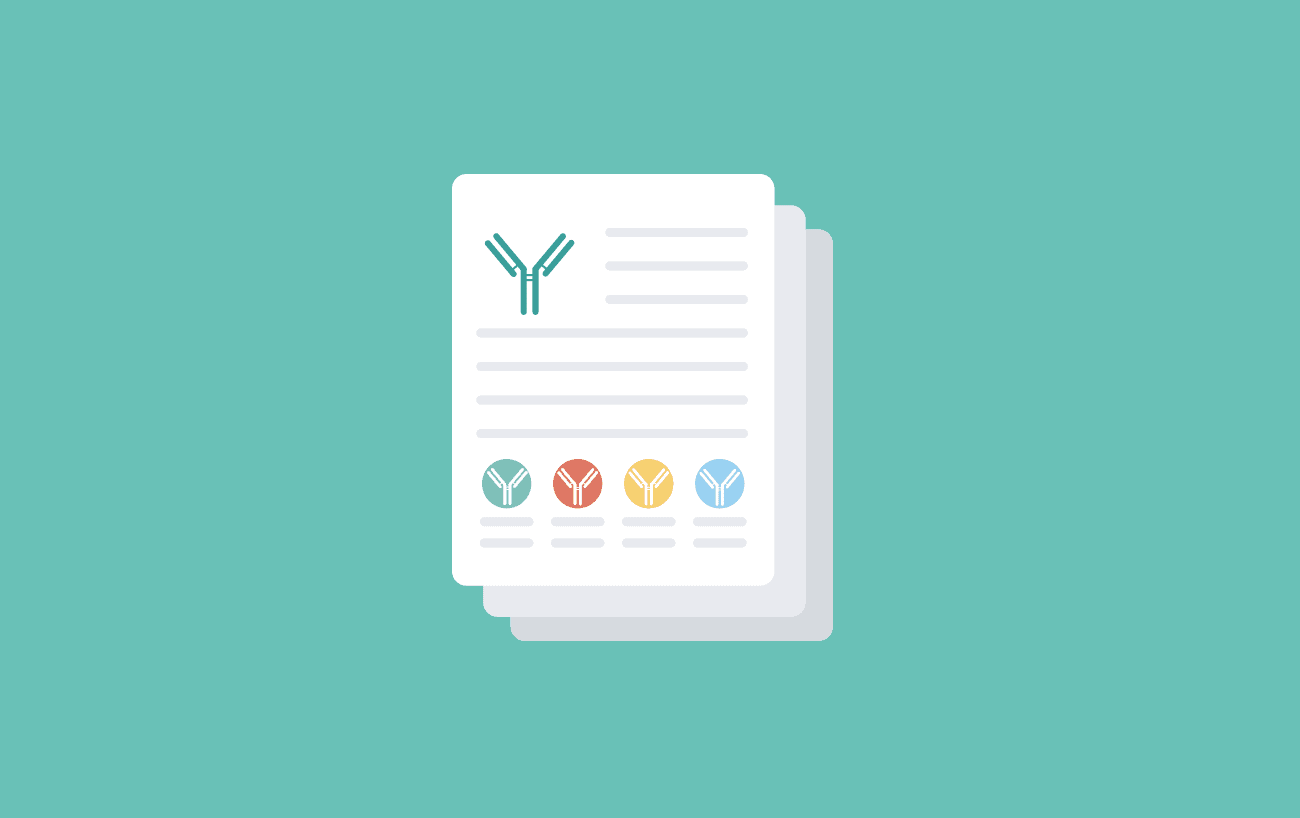GBSI Antibody Survey: our thoughts
Background
The Global Biological Standards Institute created the Antibodies Task Force in 2014 consisting of antibody experts from academia and industry to try and improve the specificity, selectivity and reproducibility of research antibodies. One of the first recommendations from the Task Force was to create a survey to gather valuable information about how researchers view best practices regarding the use of antibodies in preclinical research and to identify challenges and opportunities to implementing those practices going forward.
The results of the survey were published in a Letter to the Editor of BioTechniques in July 2016 identifying an urgent need to:
1) improve the education and training of junior scientists in application-specific antibody validation;
2) develop validation methodologies and best practices that are rapid, simple, and cost effective, in part to counter an apparent perception of antibody validation delaying rather than facilitating research progress.
Looking at the Industry focused Questions
The full questionnaire and results are published for all to review here. What we found interesting about the Letter versus the survey questions and answers was the focus was on end users and not on manufacturers. Perhaps this was due to the need to focus on a particular headline or that the authors were mostly from academia – and there is undoubtedly a real need for those using antibodies to be properly trained and to make sure the antibodies they use are specific and work effectively in the experiments they are about to perform.
However, as a company that supports reagent manufacturers we looked at the results from an industry perspective and took the following takeaways in addition to those about end users:
- Manufacturers need to be more thorough in providing more data and protocols for their products
- Suppliers need to work on ways to engender more trust with their customers
The key questions and responses that led to these conclusions as follows:
Do your antibody vendors or other sources of antibodies provide guidance on usage of amount/concentration per application/assay?
| Value | Percent | Count |
| All provide guidance | 15.80% | 63 |
| Most provide guidance | 50.00% | 199 |
| Some provide guidance | 31.20% | 124 |
| None provide guidance | 1.30% | 5 |
| Unsure | 1.80% | 7 |
| Total | 398 |
If suppliers are going to say that an antibody has been tested in an application, they should be able to provide guidance on how to use the antibody in that application. 100% of antibody vendors should provide guidance.
Please rank the typical accuracy and reliability of such guidance.
| Value | Percent | Count |
| Low | 18.90% | 73 |
| Moderate | 66.10% | 255 |
| High | 12.70% | 49 |
| N/A | 2.30% | 9 |
| Total | 386 |
Again, suppliers need to do better: 85% of guidance is low to moderate in reliability. We can understand why 70% of respondents in the survey mentioned that antibody validation takes too much time if the researchers are having to run experiments to double check the reliability of supplier data.
Please rate how past performance (or lack thereof) of purchased antibodies influences your decision to purchase additional antibodies from a particular vendor:
| Value | Percent | Count |
| None | 1.30% | 5 |
| Little | 2.30% | 9 |
| Moderate | 31.60% | 126 |
| Heavily | 63.90% | 255 |
| Unsure | 1.00% | 4 |
| Total | 399 |
This result shows how difficult it is for new antibody firms to change the status quo: as long as researchers are happy with the past performance of their purchases they will not change supplier. This result also shows that the bad performance of one antibody will affect future sales of all antibodies to that customer: antibody manufacturers therefore need to make sure all of their antibodies are validated to the highest level.
Do you purchase antibodies based on vendor-supplied validation data (if available)?
| Value | Percent | Count |
| Never | 4.50% | 18 |
| Occasionally | 40.90% | 164 |
| Routinely | 49.90% | 200 |
| Unsure | 4.70% | 19 |
| Total | 401 |
In this result there is clearly a trust issue: over 45% of respondents try not to buy based on vendor supplied validation data. Suppliers need to work hard to prove that their data is worth trusting.
What type of vendor-supplied validation data do you look for and assess? Select all that apply:
| Value | Percent | Count |
| Literature citations | 79.30% | 287 |
| Application-specific data | 75.70% | 274 |
| Western blot/ELISA data | 74.00% | 268 |
| Tested in multiple cell lines | 41.20% | 149 |
| Tested using native antigen | 36.20% | 131 |
| Tested using recombinant antigen | 24.60% | 89 |
The majority of respondents are looking for outside data to prove the specificity / reliability of antibodies through literature searches. Antibody manufacturers might want to focus on validating their antibodies in Western blot and ELISA at the very least.
Conclusion
The GBSI decided to focus their conclusions on the customer side of the equation – Pivotal Scientific focused on the supplier side, but clearly we need to work to improve both sides to lead to lasting improvements to life science research as a whole. The other activities that the GBSI is undertaking such as their online discussions and workshop are a very real step in the right direction and Pivotal Scientific will work hard to support our Alliance members and the industry in general to make the required changes.





